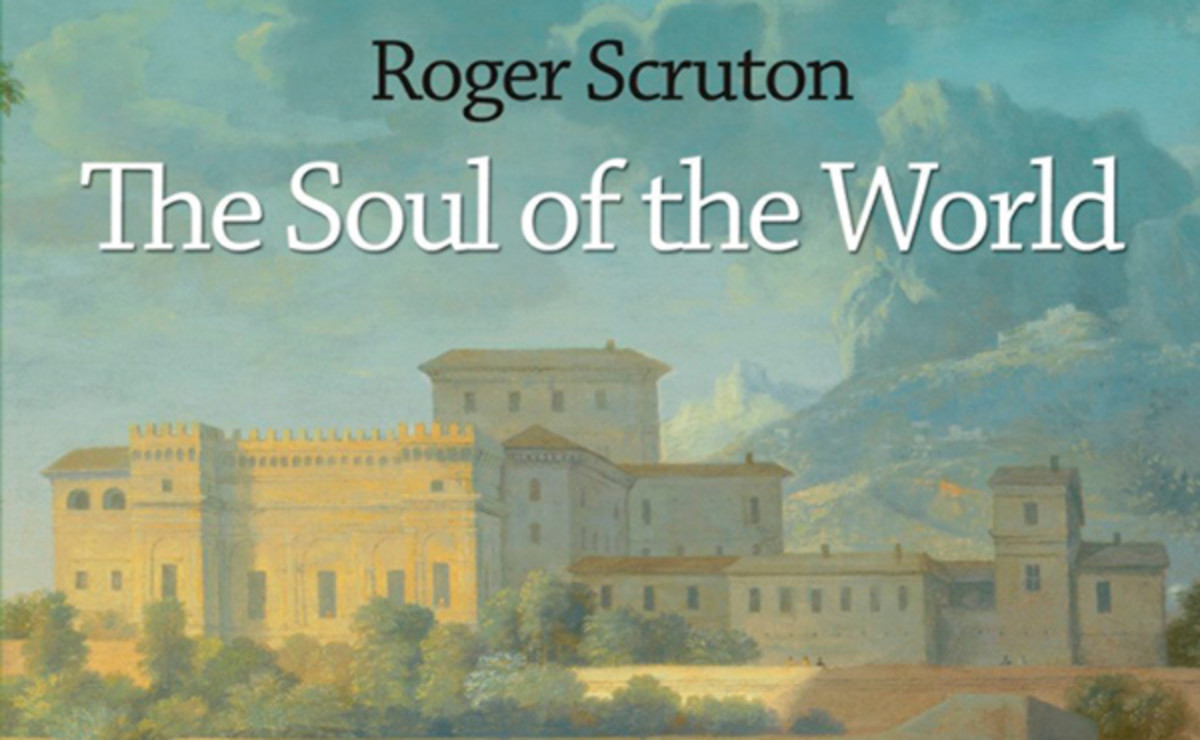Nafisi Reading Response

“Art imitates life imitates art.” This is a quote many have encountered, especially when faced with the examination and analysis of fiction in all its formats. It is a palindromic quote, presenting us with a hall of mirrors perception of infinite reflections and refractions of one another, of reality and fiction. For it within fiction that our journey starts, leading us to identity.
From the beginning of our cognizance, our parents are the first to teach us morality. We begin to understand right from wrong, and see the line drawn between good and evil. These lessons are reinforced by stories, the fairytales and tall tales we are eager to absorb, where valiant knights slay monstrous beasts, handsome princes and beautiful princess fall in love and live happily ever after, good always triumphs over evil, and death only comes at the end of a long and happy life. Childhood games provide an outlet to righteous or rogue, such as “Cops and Robbers”, where law and order triumph over criminality, or “Cowboys and Indians”, as rough and tumble brave cowboys are victorious over the ignorant savage heathens that threaten the superiority of Western rule. For those that are raised with some religious background, where Deity provides an authority even greater than our progenitors, and is absolute in its laws, rewarding those who are good, and punishing those who are not.
School continues the fictional absolute boundaries of morality, with stories of sharing and selflessness, temperance and tolerance. Historical context is taken in morality, advocating making the right decision, and the recognition that society will provide. Eventually, we are faced with the reality of reality, that the chasm that divides good and evil is not as wide as we had imagined, the black and white morality that we had perceived was really an infinite amount of shades of gray, and all children are faced with a simple truth, some far earlier than others: Our parents cannot protect us from the evils that exist in the world.
Adolescence is a raging tempest of choices and mistakes, and attempts to pin down and identify the path we are on, and the group we belong to. In adulthood, we continue to seek out the truth of our existence, through fiction both directly and indirectly. Television, movies, and literature, as before, are our gateways. Only now we seek our kindred spirits, those whose moral grounds match our own, the idealized versions of who we are, or wish to be. Those that are brave enough to speak their minds, live life to the fullest, and defeat their enemies. We cheer on those that struggle, the triumphant underdog, or that moral outlaw in an immoral land.
In fiction, whether as creator or observer, we seek a reality close enough to ours to be believable, but different enough to distinguish the two. We want to be enveloped in a world where the rules are consistent, and identify with a character, whether hero or villain, though our normal attachment is to those that are morally upstanding. We want to be the hero without the risk of defeat, battle without loss, and emotionally invest but control the separation without heartbreak. We want the journey, the lessons, the rollercoaster highs and lows, without detriment to ourselves.





